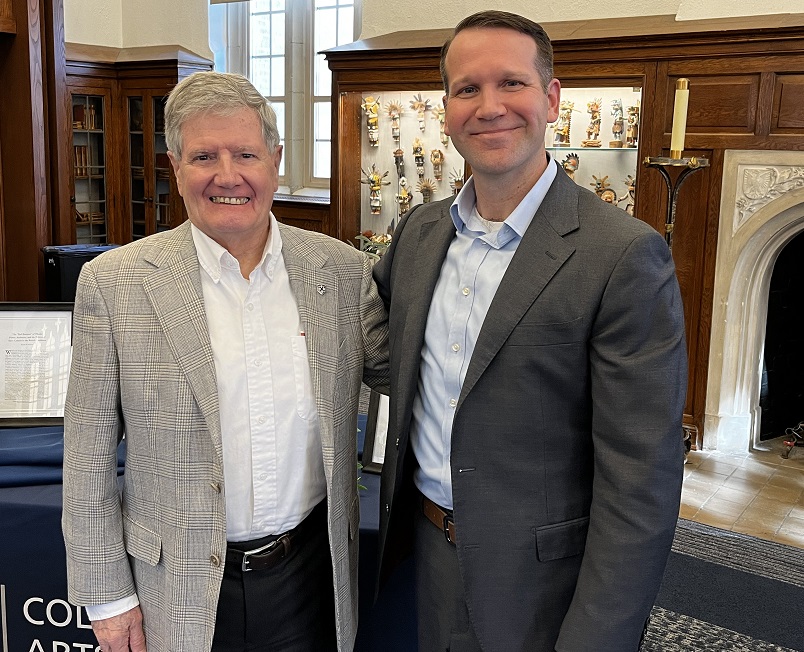Preparing students for meaningful, reflective lives
November 7, 2024
Back in January, I got an email out of the blue from a former student. A couple years earlier, she had been a first-year History major. But she soon switched to another, non-humanities major and now was “having a bit of a crisis.” We met, and she told me a version of a story I’ve heard too many times: while she was getting great grades, she was bored and restless, and was thinking of switching back to History. But, with more than a little well-meaning pressure from her parents, she thought a more “practical” major that would better prepare her for a lucrative career.
I understood her dilemma. Many parents, politicians, donors, and university administrators claim that humanities majors won’t find good jobs, even though the evidence shows the opposite: humanities majors do just fine on the job market. In fact, they develop some of the most important skills that employers value: how to read challenging texts, ask good questions, evaluate evidence, make judgments, and communicate their ideas clearly. But, as important as it is to recognize the marketable skills that humanities majors learn, for me, that’s not the best reason to study them. As I see it—and as the Jesuits have seen it for nearly five centuries—there are greater benefits, for individuals and for society, to teaching and studying the humanities.
This year’s presidential election, full of uncertainty and ugliness, has reminded me that the college classroom is one of the few spaces where we model the kind of rational analysis and civil discourse that our society needs. Often, students they find it jarring to learn that their professors are not in the business of giving answers. And that’s because, when it comes to the most important questions, there are often no clear-cut, obvious answers. Things are messy because life is messy. What we do in the humanities, when we do it right, is give students the knowledge and confidence to make up their own minds, to decide for themselves what they believe and why. In short, we help prepare them for meaningful, reflective lives.
So, please consider nominating a colleague for the Fortin Award and attend the award ceremony in the spring. It’s an opportunity to celebrate the deeply pragmatic approach to truth that distinguishes the humanities—one that keeps us curious and openminded, that reminds us our assumptions are often wrong, and that other people and texts have plenty to teach us about our world and ourselves.
Dr. Randy Browne
Professor, History
2024 Fortin Award Recipient
(Photo of Roger Fortin and Randy Browne at the 2024 Fortin Award presentation)
